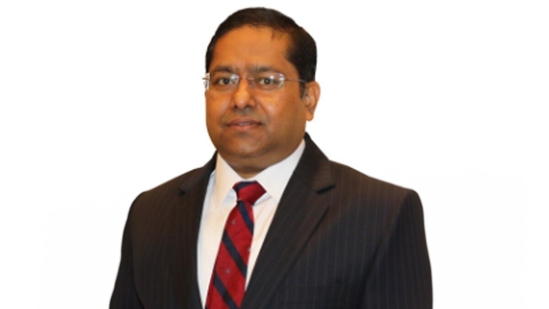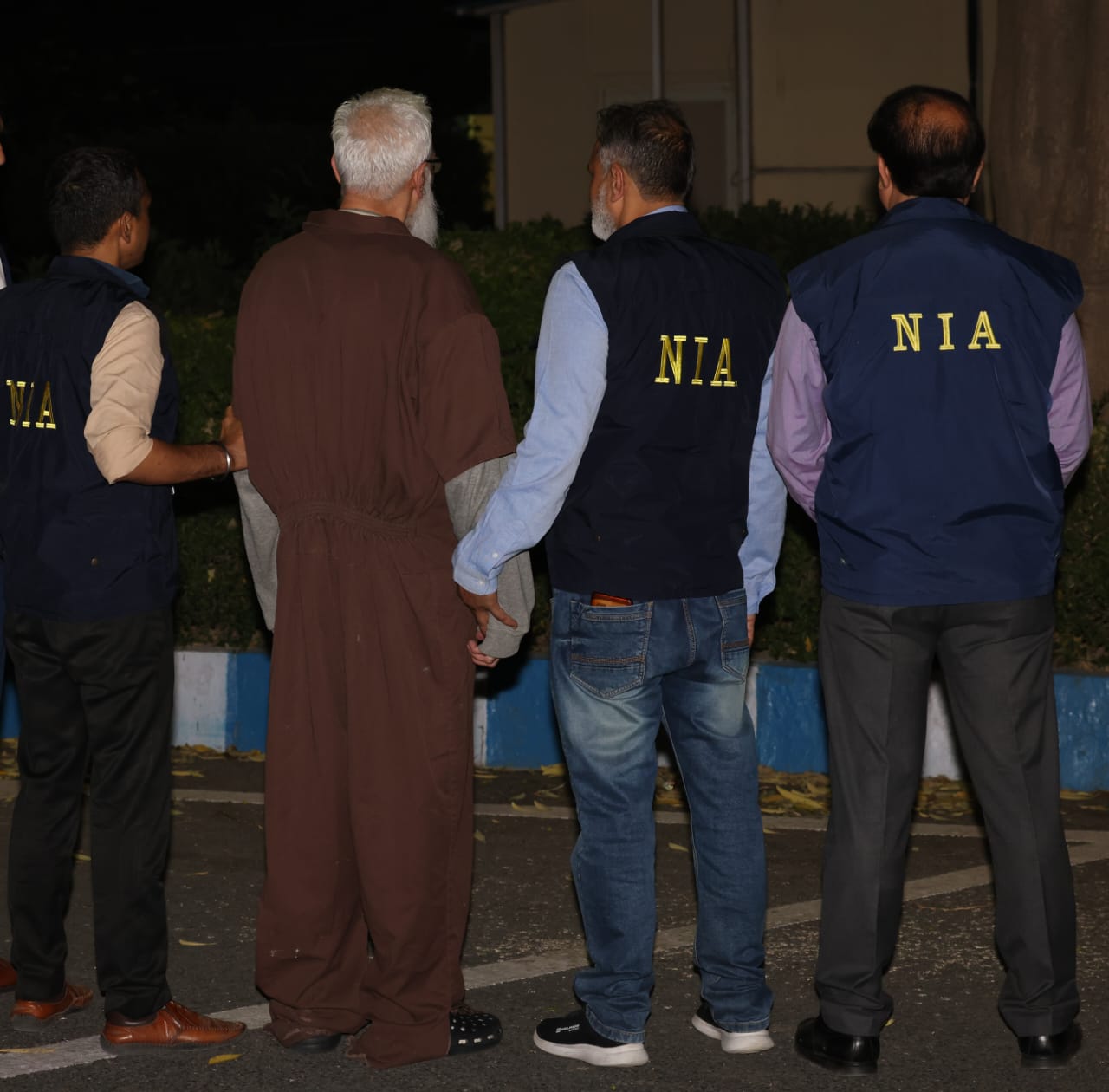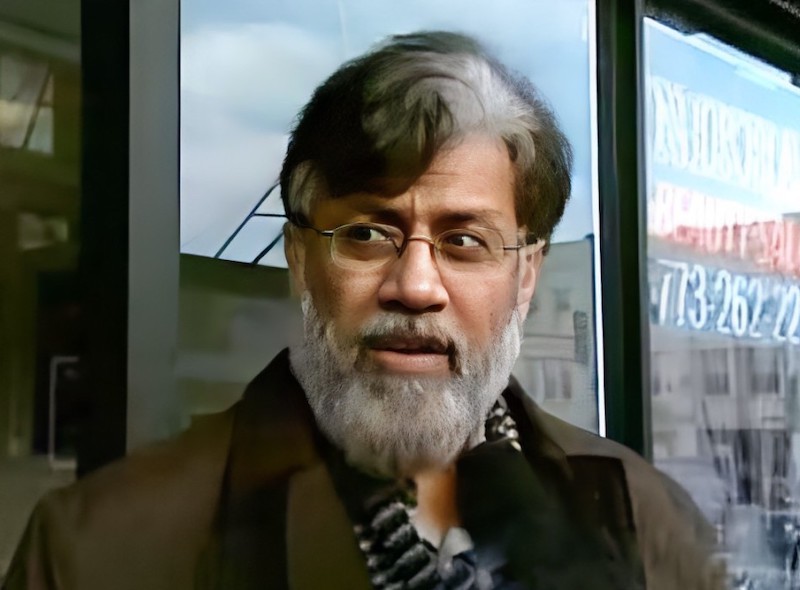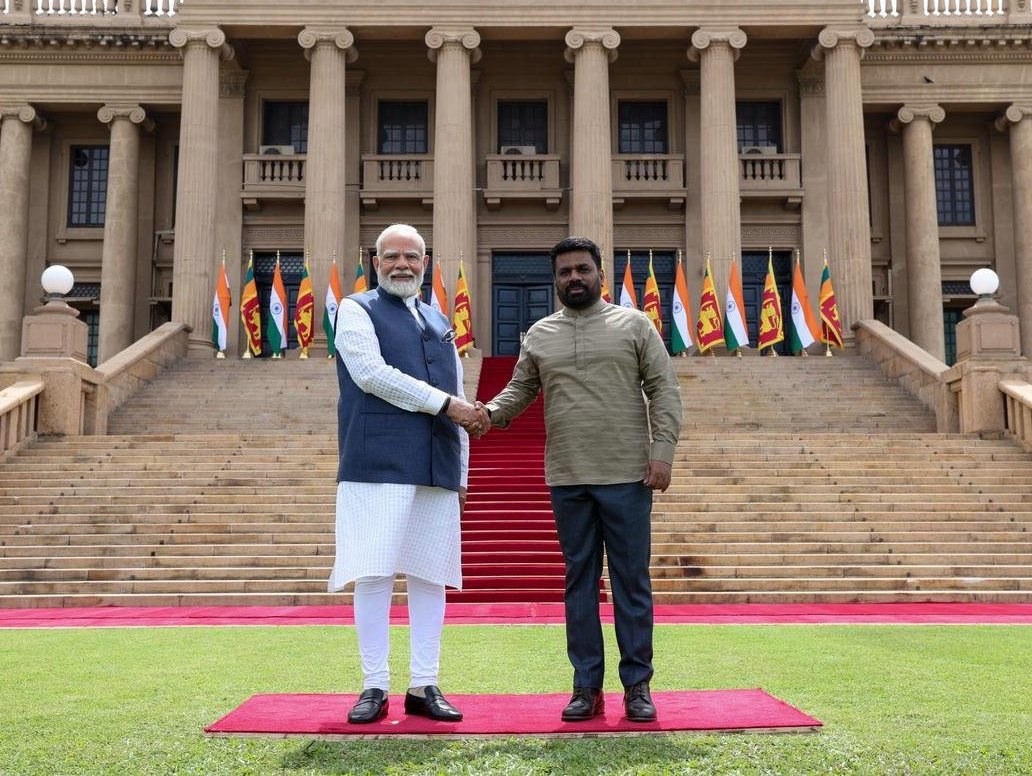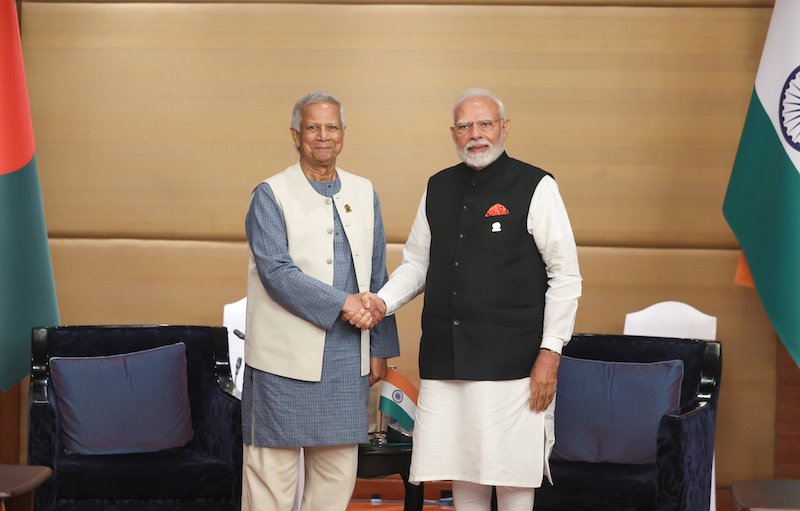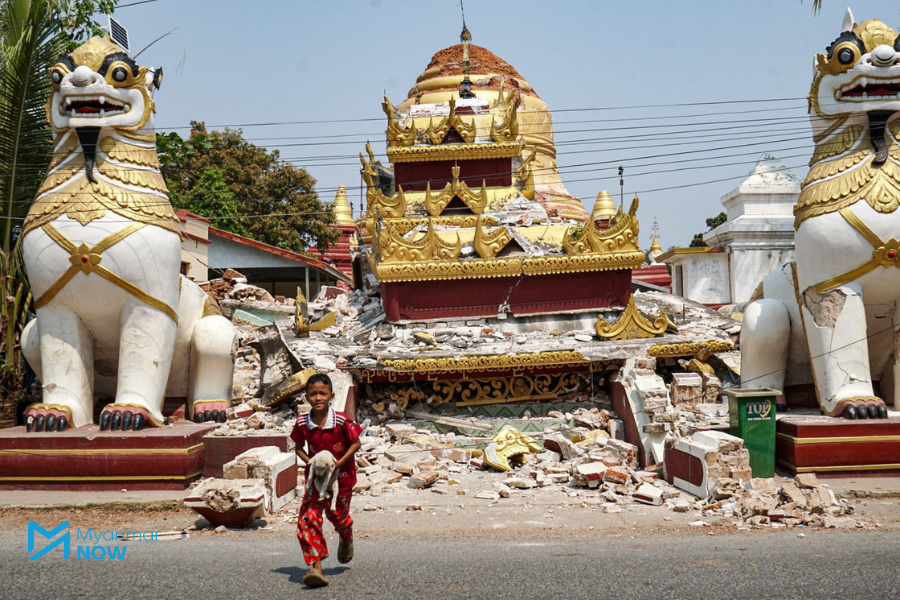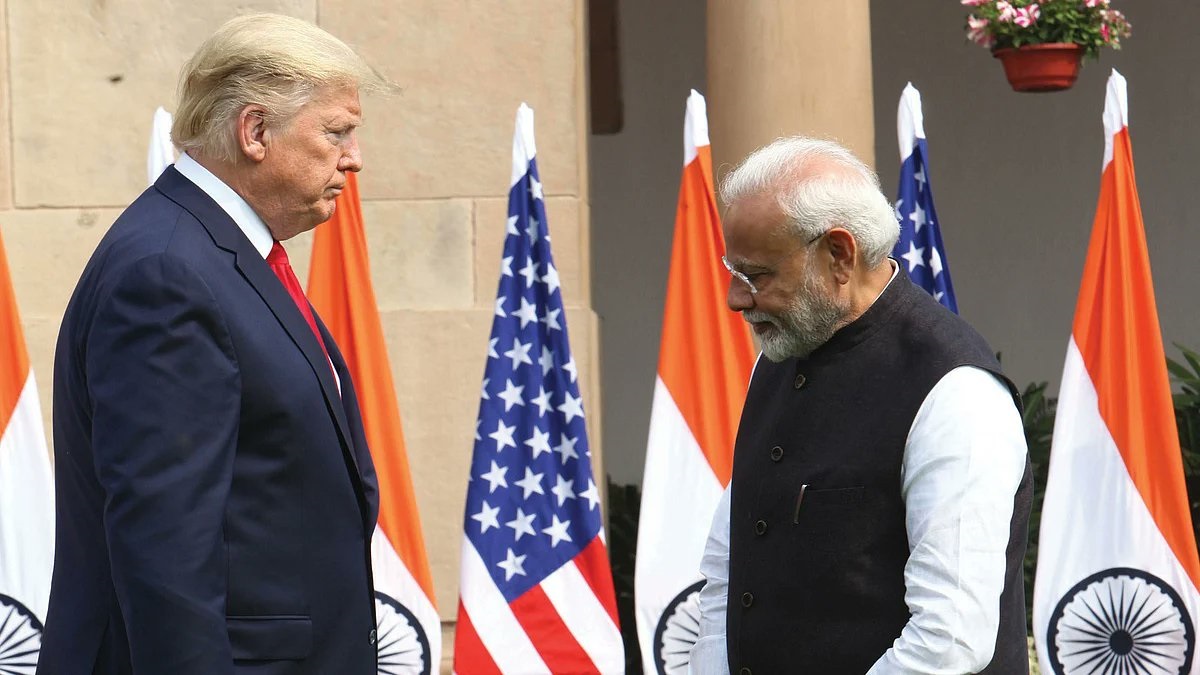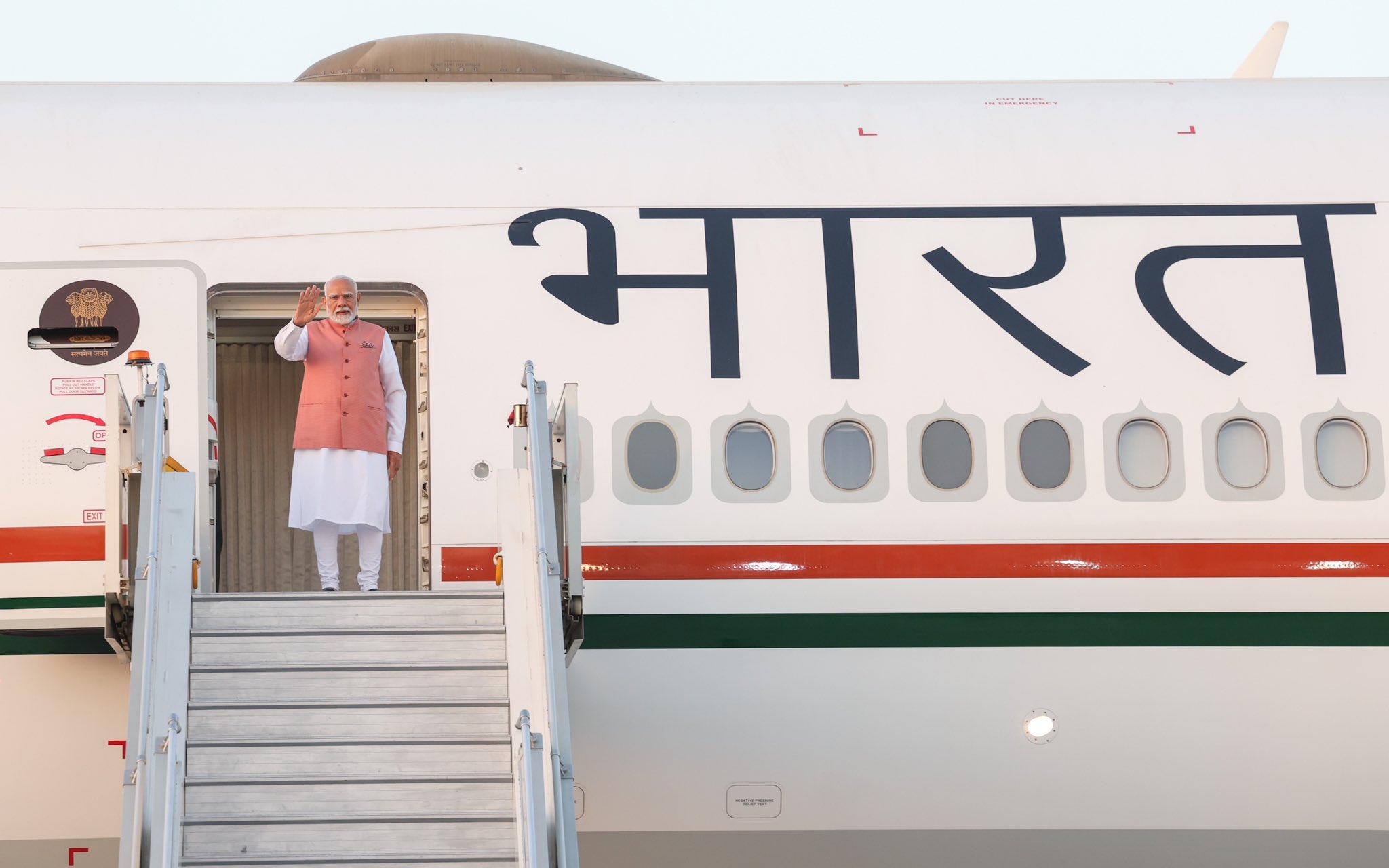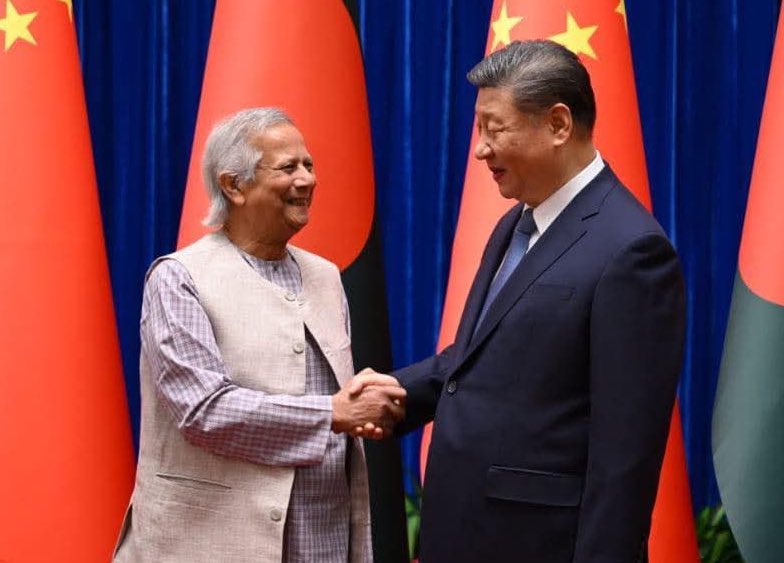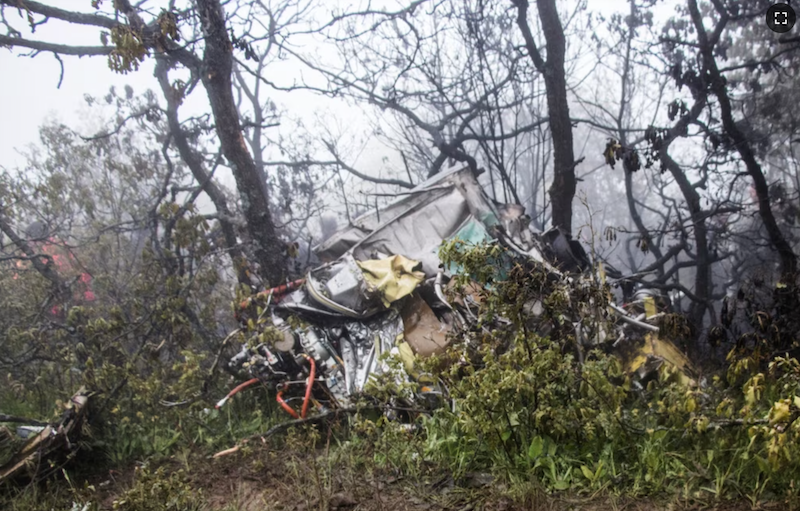 The wreckage of the helicopter in which Ebrahim Raisi and Hossein Amir-Abdollahian were travelling. (Photo: X)
The wreckage of the helicopter in which Ebrahim Raisi and Hossein Amir-Abdollahian were travelling. (Photo: X)
New Delhi: Iran’s president, Raisolsadati, commonly known as Ebrahim Raisi, and his foreign minister, Hossein Amir-Abdollahian, were killed in a helicopter crash in northwest Iran. On Sunday, Iran’s state-run media confirmed that Raisi and Amir-Abdollahian, along with six others, lost their lives when the helicopter they were travelling in crashed in heavy fog. The incident occurred on Saturday near the border with Azerbaijan where Raisi had met the Azeri president, Ilham Aliyev.
The helicopter was part of a convoy of three. The crash has sent shockwaves through Iran and the international community.
Raisi, a hardline cleric closely aligned with Iran’s supreme leader, Ayatollah Ali Khamenei, was on his way to the city of Tabriz after attending a dam-opening ceremony on the Azerbaijan border. One victim, an imam, survived for an hour and attempted to seek help, according to reports.
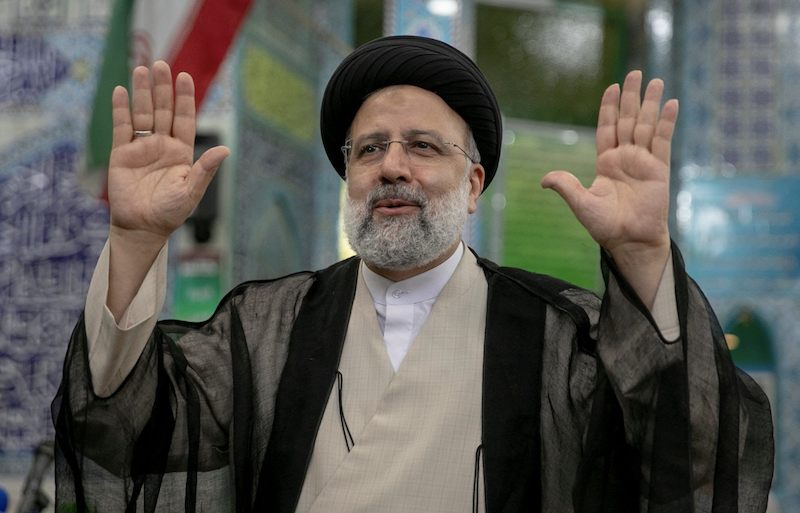 Ebrahim Raisi.
Ebrahim Raisi.
The cause of the crash remains unclear, but Russia, Tehran’s close ally, has offered assistance with the investigation. Iran’s interim president, Mohammad Mokhber, has already addressed a cabinet meeting in Tehran. Iranian law dictates that new elections for the president must be held within the next 50 days.
World leaders, including India’s prime minister, Narendra Modi, have condoled Raisi’s death. In a post on X, Modi said he was “deeply saddened and shocked by the tragic demise” of Raisi. Modi also recalled Raisi’s contribution in strengthening India-Iran ties.
Deeply saddened and shocked by the tragic demise of Dr. Seyed Ebrahim Raisi, President of the Islamic Republic of Iran. His contribution to strengthening India-Iran bilateral relationship will always be remembered. My heartfelt condolences to his family and the people of Iran.…
— Narendra Modi (@narendramodi) May 20, 2024
Leaders from the European Union, North Atlantic Treaty Organization, and the International Atomic Energy Agency (IAEA) have also expressed condolences as Iran mourns its fallen leader. Iran-backed groups Hezbollah, Hamas, and the Houthis have also conveyed their sympathies.
Raisi’s funeral is scheduled for Tuesday, and cultural activities have been cancelled for the next seven days in the country as a sign of mourning. Bagheri Kani, Iran’s former deputy foreign minister, has assumed the role of the country’s foreign minister.
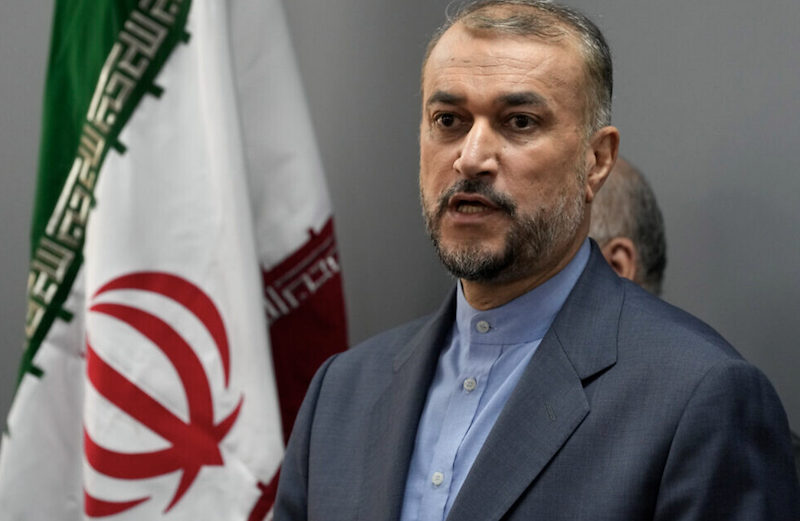 Hossein Amir-Abdollahian.
Hossein Amir-Abdollahian.
Who was Ebrahim Raisi?
Ebrahim Raisi, born on December 14, 1960, in the Noghan district of Mashhad, Iran, came from a clerical family. His father, Seyed Haji, was a cleric, and Raisi’s lineage could be traced back to the Prophet Muhammad through the line of Husayn ibn Ali. He was also connected to the line of Ali ibn Husayn Zayn al-Abidin Sayyids.
As a teenager, Raisi actively participated in the 1979 revolution that led to the overthrow of the west-backed shah. He grew up in Mashhad, a city known for its holiest Shia shrine, and later attended seminary in Qom, the centre of Shia learning. His religious upbringing and education shaped his path in Iranian politics and jurisprudence.
Throughout his career, Raisi held key positions within Iran’s judiciary, including serving as the country’s chief justice from 2019 until 2021. His conservative views aligned with the principlist faction, and he became the eighth president of Iran after winning the 2021 election. His mentor was the supreme leader, Ali Khamenei, and Raisi’s presidency aimed to consolidate power among the conservative factions.
Raisi’s legacy is also marked by controversy, as he was directly involved in or oversaw serious human rights violations during his time in power, including the suppression of protests against the Iranian regime for women’s rights last year. Earlier, his involvement in the 1988 prisoner massacres, defence of mass killings, and role in Iran’s judiciary highlight the challenges of accountability.

